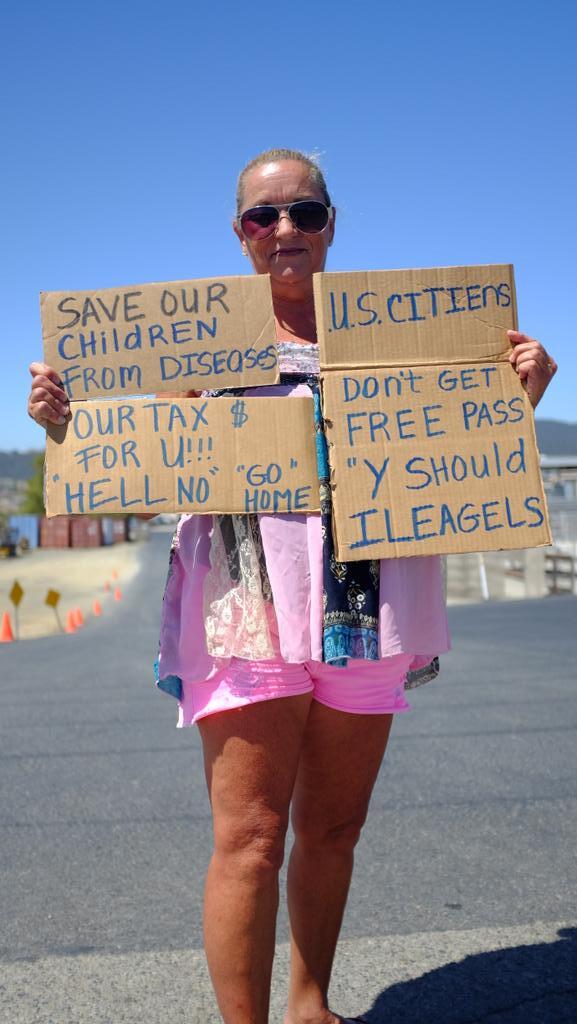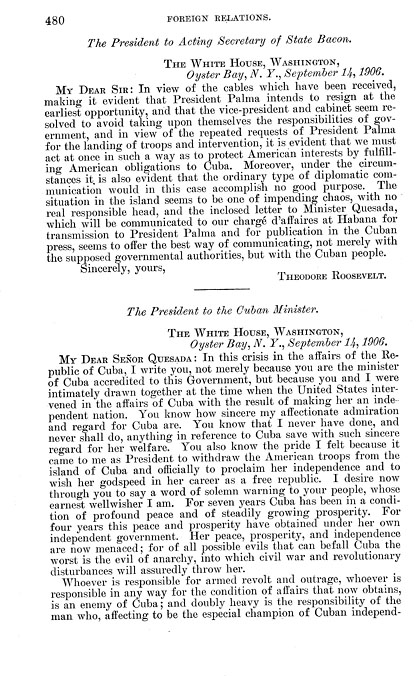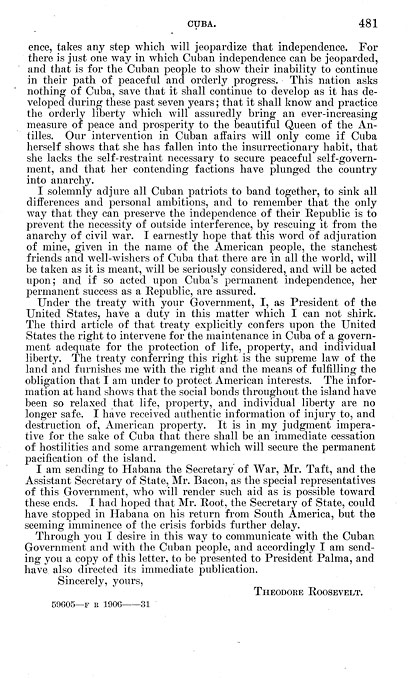I read Thomas Piketty's Capital in the Twenty-First Century. The reviews by economists intrigue me (Tyler Cowen, who wrote his own critical review in Foreign Affairs) links to a lot of them, which is useful). The book seems to have generated a lot of heat within the discipline itself. Most seem really annoyed by him:
Piketty’s further policy views come in two chapters to which the reader is bound to arrive, after almost five hundred pages, a bit worn out. These reveal him to be neither radical nor neoliberal, nor even distinctively European. Despite having made some disparaging remarks early on about the savagery of the United States, it turns out that Thomas Piketty is a garden-variety social welfare democrat in the mold, largely, of the American New Deal.
He does return throughout the book to criticisms of economics as a field, arguing it is so centered on empirical models that content is ignored (the same argument, it must be said, goes on within political science). So the reciprocal antipathy isn't any big surprise.
Others are haughtily dismissive.
One example is here:
The book is aimed at thoughtful non-specialists who don't know about all the cognitive illusions in the public finance literature.
Ah, that is me. I am smart but not as smart as him. Sorry for being reasonably smart but ignorant. Let me offer some ignorant thoughts.
1. This is a powerful argument that touched a big nerve. Critics are too tempted to attach ideology to it as a way to dismiss the argument. But I would say the massively defensive reaction demonstrates why we need such a conversation in this country. It's worthwhile for that alone, really. What he argues that if inherited wealth becomes dominant, then democracy will suffer and violent responses become more likely. When the rate of return on capital is high and growth is low, unrest becomes more likely. At the same time, I agree with reviewers who say he doesn't pursue that correlation enough--he mentions it multiple times but does not go into detail.
2.
The debate over data doesn't refute Piketty. It just makes the conversation more interesting. In particular, it's a good thing to argue whether it's a problem to focus so much on labor income when so many people rely on more than that. People may not inherit wealth but they are vested in different types of retirement plans, for example, along with social security. Yet if people's wages are relatively low, they have little to contribute to those plans.
3. All the controversy about his policy prescriptions miss an important point--a core part of his argument is that we have the power to change things, which means we should talk about it. With regard to inequality, "There have been many twists and turns and certainly no irrepressible, regular tendency toward a 'natural' equilibrium'" (p. 274). And, incidentally, there are plenty of responses that are not Marxist! On the other hand, global catastrophe also changes inequality--the rich people who started World War I weren't aware of that at the time.
4. His policy prescriptions, such as the global tax, should be seen as the beginning of a conversation rather than the end. He makes it very clear he considers it utopian, as a reference point. Further, he also argues that making government a lot bigger isn't the answer because that creates organizational problems--not exactly a Marxist viewpoint.
Read more...






